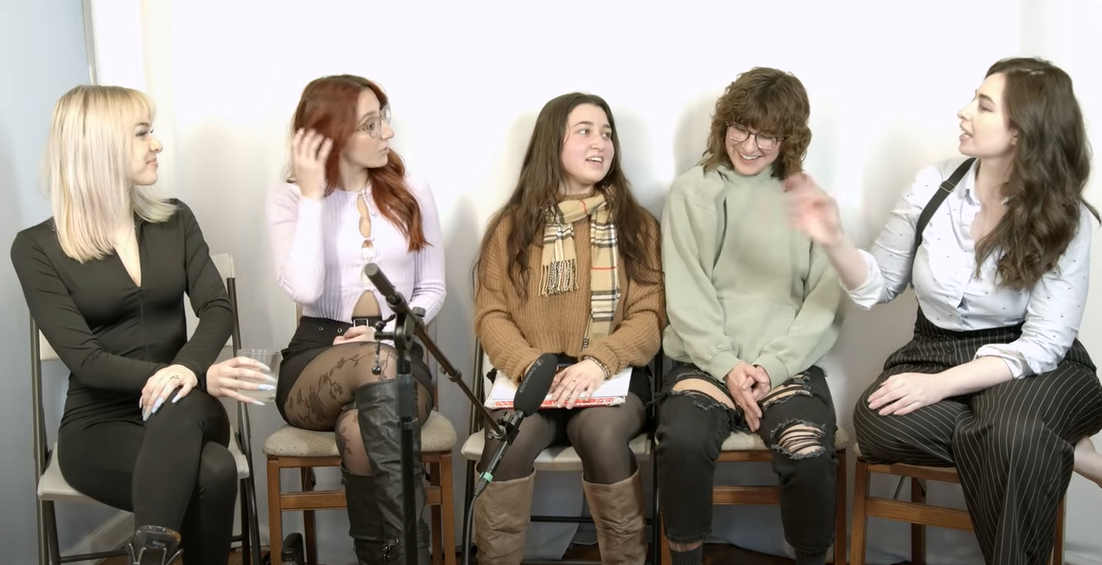On January 1st, 2021, Jaclyn Frosolone, 24, got her 23andMe DNA test results back- and to her surprise, she discovered that she had dozens of half siblings when all of their names appeared on her laptop screen. Frosolone’s first reaction was that these DNA results had to be someone else’s, given that she only had one sister as far as she knew.
Frosolone would eventually learn that she was conceived via an anonymous sperm donation, meaning that she shares a father with at least 200 siblings.
She then called her mother, who confirmed that it was true and revealed that she had burned all of her donor’s paperwork to keep her daughter from discovering the truth.
Her father’s sperm is reportedly still being sold from banks today.
“It’s been three years, but I still haven’t really processed this information,” said Frosolone. “I thought it was cool at first, but now I kind of disassociate, like I’m looking through someone else’s eyes witnessing me trying to get through this.”
What made matters worse for her was that she found out many of her health problems are linked to her genetic origin, and she could have prevented them or treated them better had she known the truth about her conception sooner.
Today, Frosolone deals with brain-fluid cyst in her spine that causes full-body tremors and threatens paralysis, anxiety, depression, supraventricular tachycardia, ADHD, and severe vaginal pain and dermatitis–among various other health issues. She would soon come to find out that a majority of her siblings shares similar. or the same, medical conditions, either currently or at some point in their lives.
Interestingly enough, none of these health conditions were named under the shared sperm donor’s profile, and according to an interview with Frosolone and some of the siblings, none of the disorders are prevalent on their biological mother’s side of the family.
The origin of these health issues could prove very difficult to uncover, as the donor is ultimately anonymous, but there is strong evidence to suggest Frosolone and her siblings have a common ailment somewhere in their genetics.
“All aspects of the human condition exist on a spectrum of heritability,” reported Jennifer “Piper” Below, a geneticist and professor of medicine at the Vanderbilt University Medical Center. “But the fact that the majority of people in this pod have the same health problems suggests that a much more complicated genetic interaction might be happening there.”
Jamie LeRose, one of Frosolone’s half sisters, tried to get in touch with their donor through his brother, as he had reached out to some of the siblings through their Facebook group, but there was no success.
Now, LeRose, Frosolone, and some of the other siblings have banded together to spread awareness about their situation, and to advocate for donor-conceived people who may also suffer from untraceable disorders and feelings of displacement- they stated that they want people in this community to feel protected.












